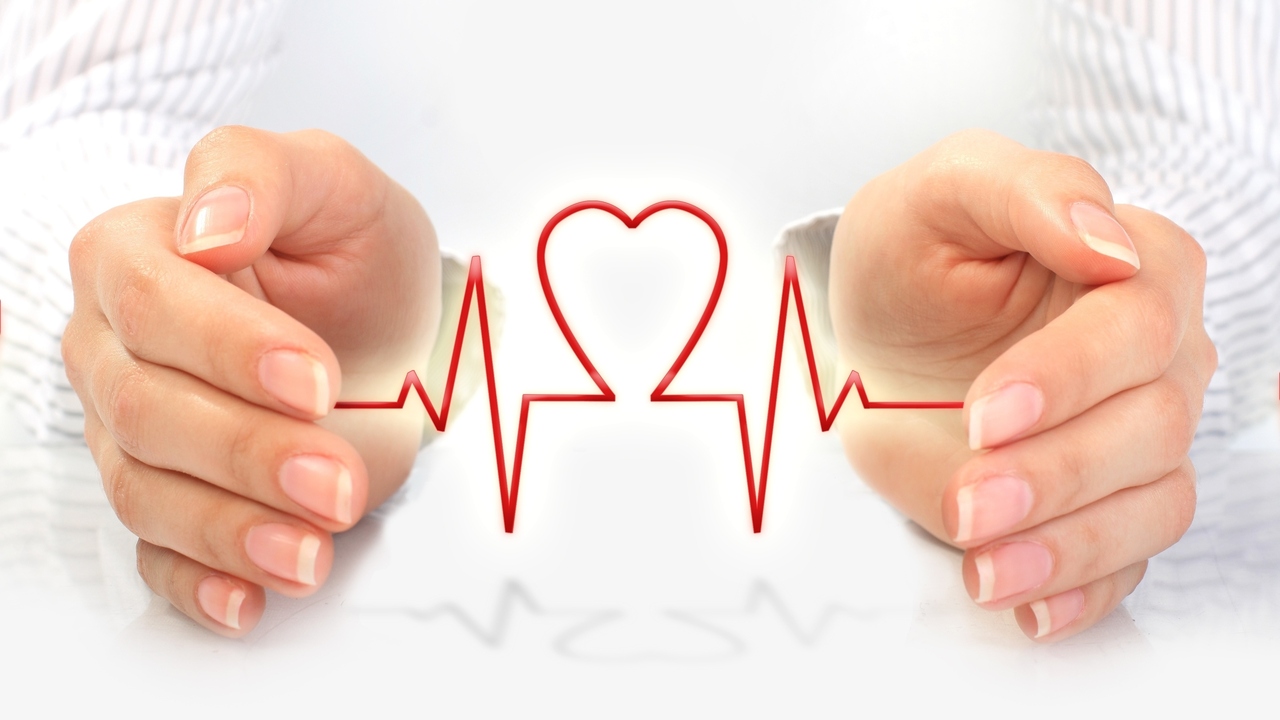 MonkeyBusiness Images/PhotoSpin
MonkeyBusiness Images/PhotoSpin
There is a new battle in the childhood obesity war, and that is the fight against the amount of sodium kids consume on a daily basis.
A new report by the Centers for Disease Control and Prevention is alerting the public that sodium is a bigger problem than perhaps many people realized.
According to the CDC Vital Signs report which used data from the 2009-2010 National Health and Nutrition Examination Survey, American children are taking in an average of 3300 mg of sodium each day, which is 1000 mg over the recommended amount of 2300 mg per day.
This doesn’t include salt added to the food at meal time.
The study found that about 43 percent of the sodium children take in comes from foods that they eat often including pizza, chicken nuggets, sandwiches and soup, among other foods.
It's important to limit sodium intake because of its potential effects on children. Having a high intake of sodium is a risk factor for hypertension in both children and adults. Obesity is another risk factor and often goes along with a high sodium diet.
A study reported on in the October 2012 issue of Pediatrics found an association between an increase in systolic blood pressure and a higher sodium intake. The increase in blood pressure associated with sodium intake was significantly higher in children considered obese or overweight than for those in the normal-weight range.
Having hypertension (high blood pressure) as a child can have long-term, harmful effects.
Researchers have found that obese teenagers who have high blood pressure may develop thicker arteries by the age of 30. They can develop a buildup of fatty tissue in their artery walls.
These two things can lead several serious health problems, including stroke and heart disease at an extremely early age. As it is with adults, early treatment and diagnosis of high blood pressure and obesity can help to reduce or even prevent the negative effects from these conditions.
Experts agree that children need to lower the amount of sodium in their diets to less than the recommended 2300 mg per day, eat healthier altogether, and engage in regular physical activity.
Children can be taught at a young age how to make healthy choices for themselves so they can learn to manage their own weight and food intake. Parents and caregivers can also help children who may already be overweight to learn new habits to support a healthier lifestyle.
Sources:
Jwatch.org. Web. 17 October 2012. “Kids consume too much salt.”
http://www.jwatch.org/pa201210170000001/2012/10/17/kids-consume-too-much-salt
Jwatch.org. Web. 10 September 2014. “Majority kids consuming too much sodium”.
http://www.jwatch.org/fw109272/2014/09/10/majority-kids-consuming-too-much-sodium?query=pfw
Heart.org. Web. 4 February 2015. “High blood pressure in children.”
http://www.heart.org/HEARTORG/Conditions/HighBloodPressure/UnderstandYourRiskforHighBloodPressure/High-Blood-Pressure-in-Children_UCM_301868_Article.jsp
Reviewed February 5, 2015
by Michele Blacksberg RN
Edited by Jody Smith






Add a CommentComments
There are no comments yet. Be the first one and get the conversation started!